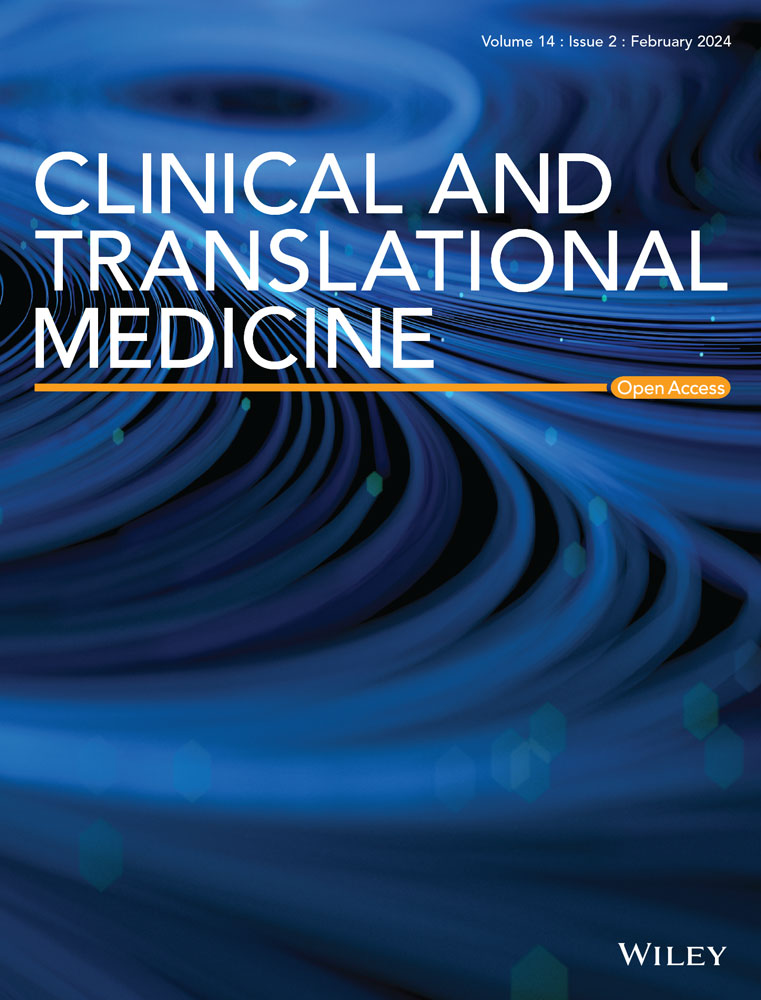Clinical implement of Probe-Capture Metagenomics in sepsis patients: A multicentre and prospective study
Abstract
Background
Accurate pathogen identification is critical for managing sepsis. However, traditional microbiological methods are time-consuming and exhibit limited sensitivity, particularly with blood samples. Metagenomic sequencing of plasma or whole blood was highly affected by the proportion of host nucleic acid.
Methods
We developed a Probe-Capture Metagenomic assay and established a multicentre prospective cohort to assess its clinical utility. In this study, 184 blood samples from patients suspected of sepsis were sent for blood culture and Probe-Capture Metagenomic sequencing before using antibiotics. The pathogen-positive rate and auxiliary abilities in diagnosis were compared among Probe-Capture Metagenomics, blood culture and real-time PCR (RT-PCR). Antibiotic therapy adjustments were based on the identification of pathogens, and changes in the Sequential Organ Failure Assessment (SOFA) score were monitored on days 0, 3 and 7 of admission.
Results
A total of 184 sepsis patients were enrolled, with a mean age of 66 years (range 56–74). The Probe-Capture Metagenomics method, confirmed by RT-PCR, demonstrated a significantly higher pathogen detection rate than blood culture alone (51.6% vs. 17.4%, p < .001). When combining the results of blood culture and RT-PCR, Probe-Capture Metagenomics achieved a concordance rate of 91.8% (169/184), with a sensitivity of 100% and specificity of 87.1%. In terms of clinical impact, antibiotic therapy was adjusted for 64 patients (34.8%) based on the results from Probe-Capture Metagenomics, and 41 patients (22.3%) showed a > 2-point decrease in SOFA score following antibiotic adjustments.
Conclusion
Probe-Capture Metagenomics significantly enhances the ability of pathogen detection compared with traditional metagenomics. Compared to blood culture and RT-PCR in sepsis patients, it leads to improved antibiotic treatment and better patient outcomes. This study, for the first time, evaluates the clinical impact of metagenomic sequencing by integrating antibiotic adjustments and SOFA score changes, indicating that approximately one-fifth of sepsis patients benefit from this advanced diagnostic approach.
Trial registration
This study has been registered in clinical trials (clinicaltrials.gov) on 30 November 2018, and the registration number is NCT03760315.
Key points
-
Probe-Capture Metagenome had a significantly higher positive rate than blood culture (51.6% vs. 17.4%, p < .001).
-
Combining blood culture and RT-PCR results, Probe-Capture Metagenome achieved a consistency rate of 91.8%.
-
Antibiotics were adjusted in 34.8% of patients based on Probe-Capture Metagenome results, and 22.3% of patients experienced a more than 2-point decrease in SOFA score.


 求助内容:
求助内容: 应助结果提醒方式:
应助结果提醒方式:


